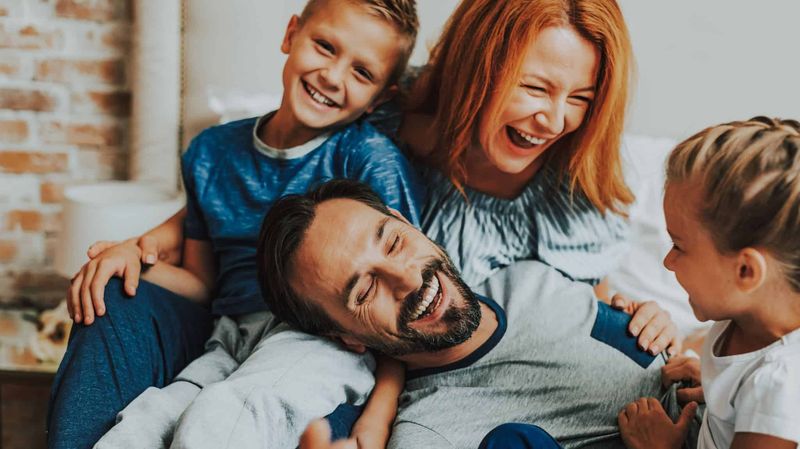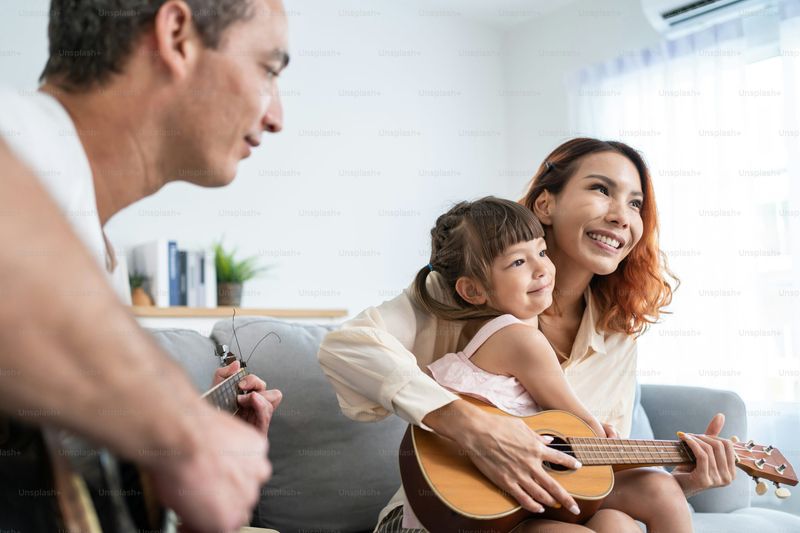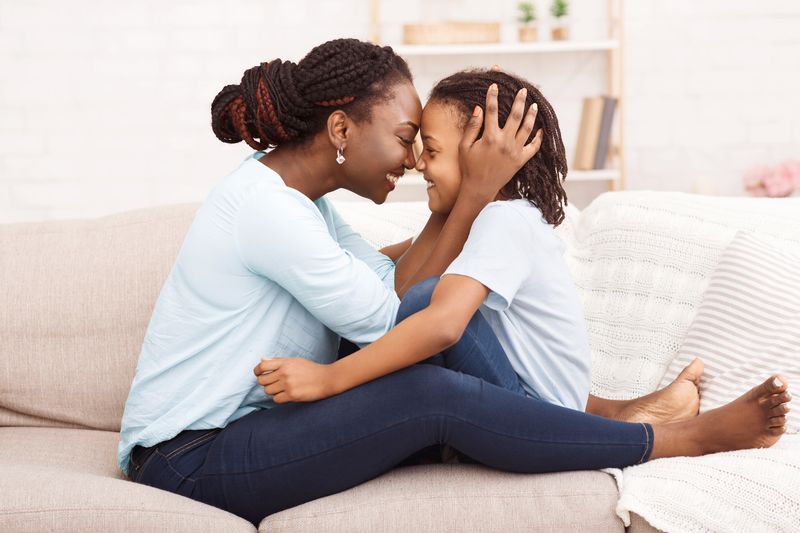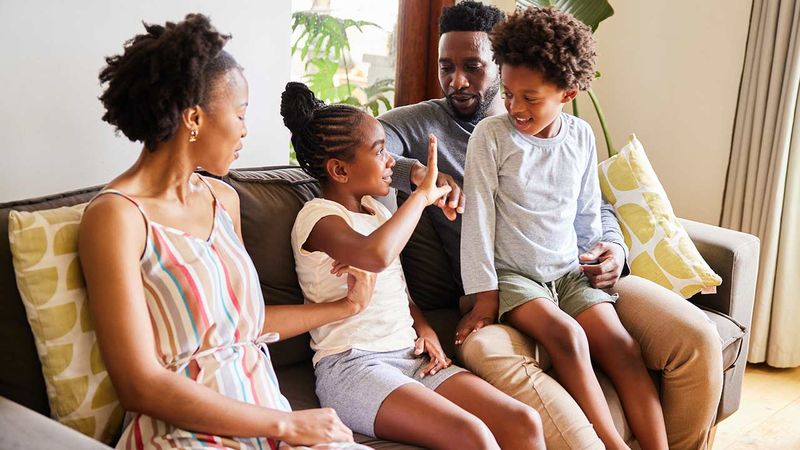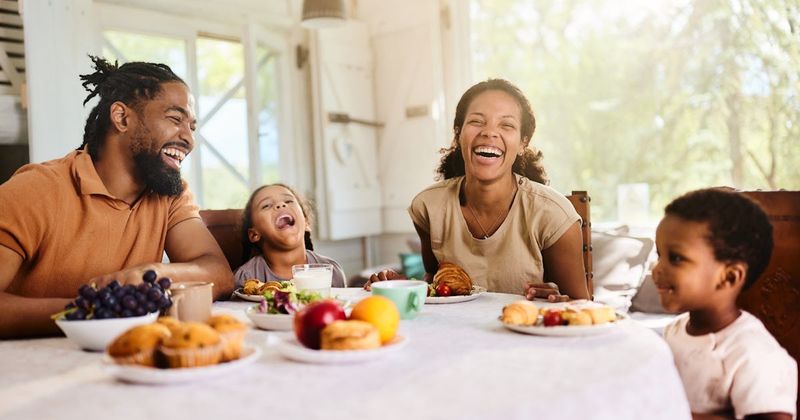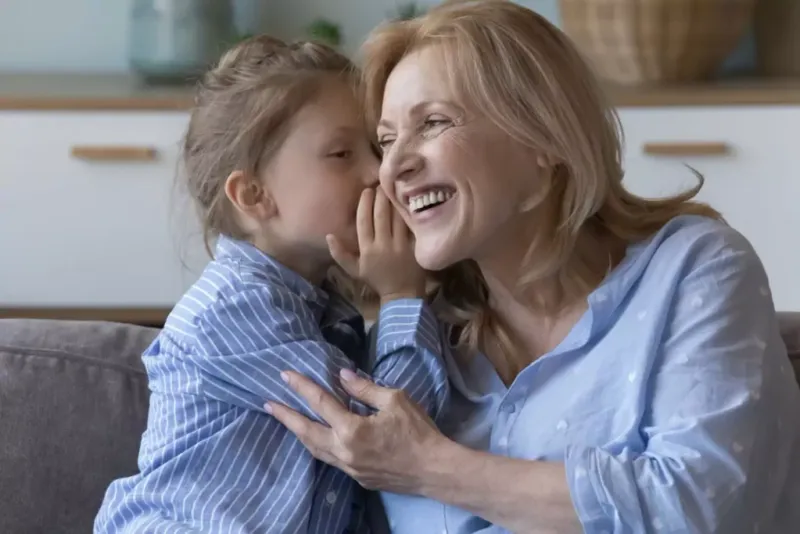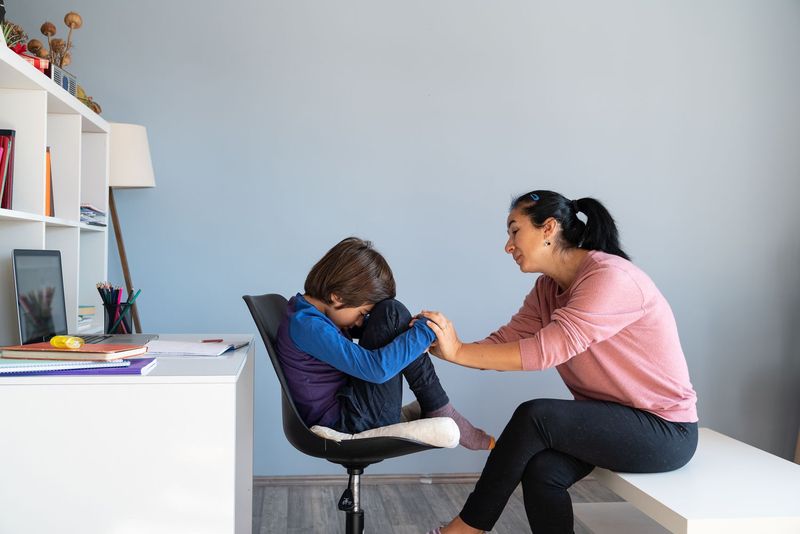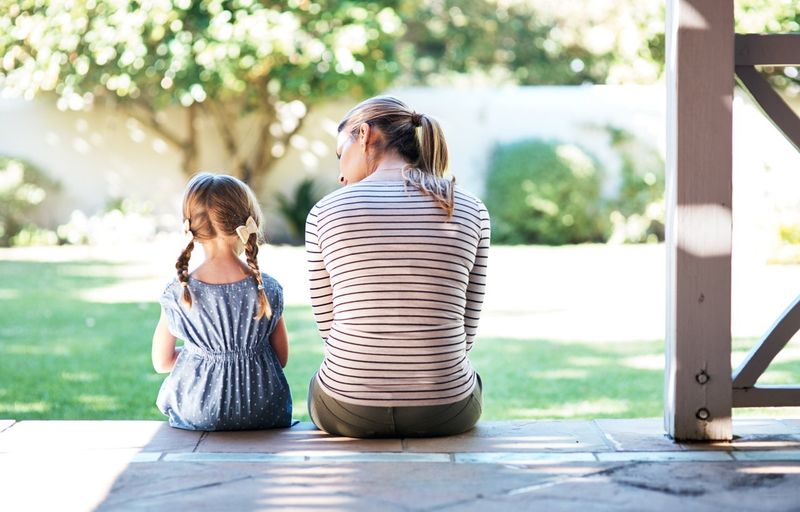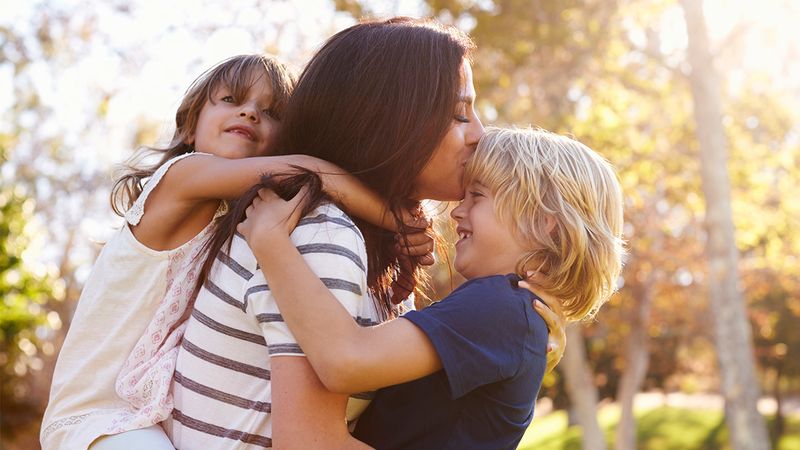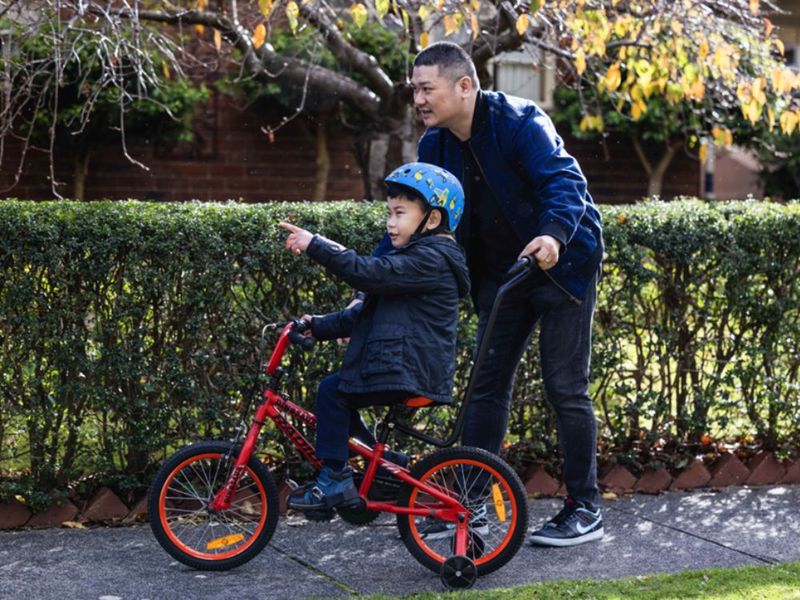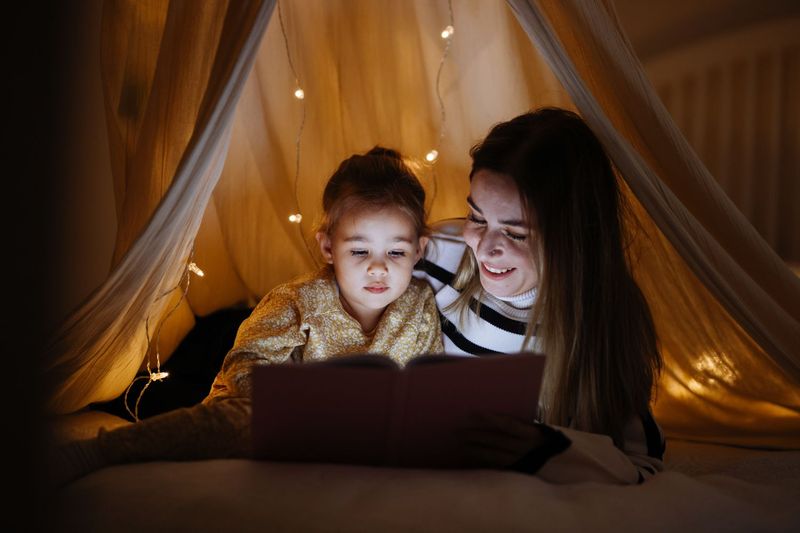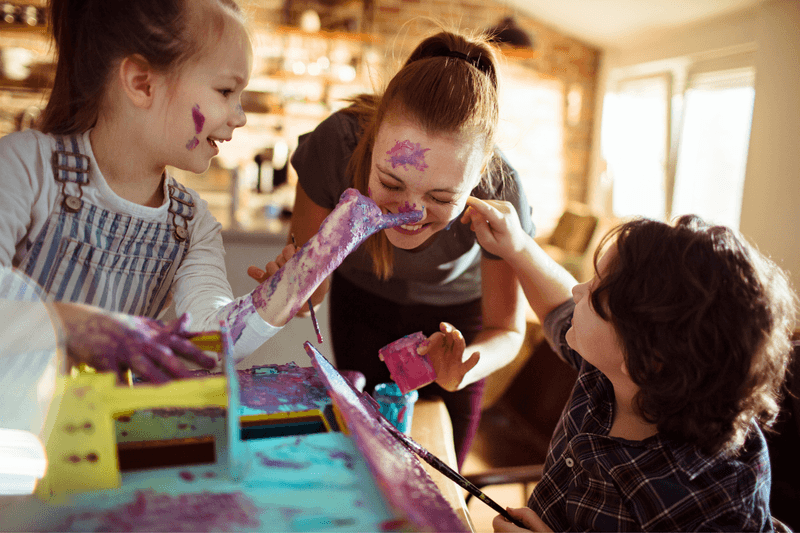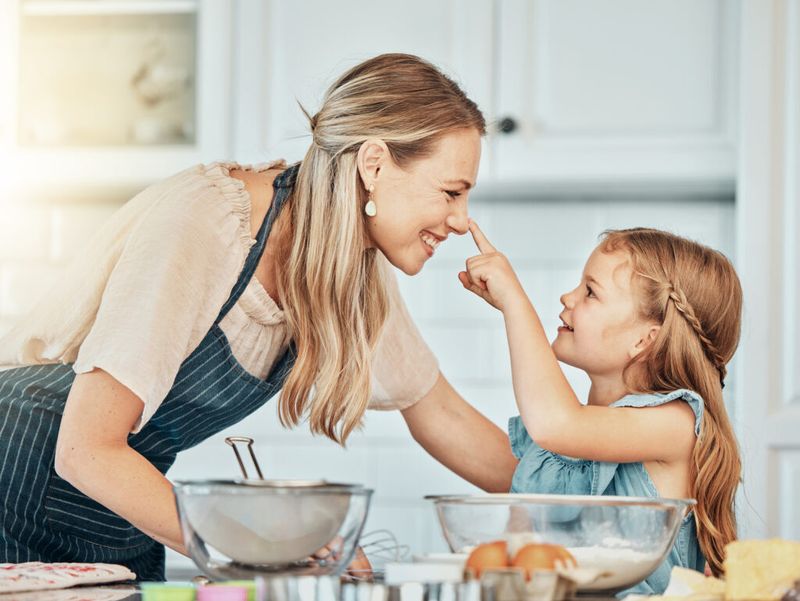You know that feeling when you wonder what will actually stick? What your kid will tell their therapist in 20 years—or maybe even their own kids one day?
It isn’t the perfect dinner or the time you finally organized the hall closet. It’s the weird, ordinary, stubbornly human things. The habits, the phrases, the warmth, the mess-ups, and the moments when you showed up as yourself.
This list isn’t about being the best parent. It’s a real look at the memories your kid might carry: the good, the hard, the hilarious, and the kind that burrow in deep when nobody’s looking.
If you’re tired, guilty, or just trying to get through the day, this is for you. Your impact is way more ordinary—and way more powerful—than you think.
1. Your Quirky Sayings
“Oh, for the love of pickles,” my mom used to say when she was annoyed. It made no sense, but I say it now too. Kids remember these oddball phrases—the ones you don’t even realize you say until they’re reflected back at you in a five-year-old voice.
There’s a certain magic in repetition. These sayings are like the secret handshakes of your family, little private codes that mean home. They show up in group texts and get passed down to grandkids who never met you. It’s not about wisdom or wit—it’s about being yours.
You may think your everyday language is forgettable, but it’s exactly the opposite. Those one-liners get stitched into their memories, becoming shorthand for comfort, exasperation, and belonging. They’ll roll their eyes now, and then use them with love later. Every family has their own flavor—embrace yours. They’re listening, even when you’re just muttering.
2. Your Musical Moments
Some nights, you sang “You Are My Sunshine” off-key, voice cracking around the edges. Your kid didn’t care. That was magic, and you probably didn’t even know it.
Maybe you made up silly songs about brushing teeth or getting shoes on. Those goofy tunes become soundtracks to childhood, replaying decades later in kitchens and cars.
It’s not about musical talent—it’s about presence and play. When you sing with your child, you show them that joy doesn’t need an audience or applause. You give them permission to be silly, to find comfort in imperfection. Later, when life gets loud, they’ll hear your voice in the back of their head, humming them home.
3. Superhero Moments
You probably didn’t realize you were a superhero. But the way you scooped them up from the backseat, carried them inside, and tucked them in—those moments are legendary in a kid’s mind.
It isn’t about strength or grand gestures. It’s the feeling of being safe, wanted, and carried when the world feels too big. That’s the stuff of real hero stories.
Your child might not remember every detail, but they’ll remember the weightlessness in your arms and the warmth of being covered up at midnight. Superheroes don’t always wear capes. Sometimes they smell like laundry detergent and have mismatched socks. That’s what they’ll remember: not perfection, but the feeling of coming home.
4. Special Nicknames
You might call your kid “Bug” or “Pickle” or something that would make no sense to anyone else. But to your child, that nickname is a kind of secret handshake—a code that means they belong to you and you to them.
Nicknames aren’t just cute; they carve out space for intimacy and private language. They say, “I see you in a way nobody else does.” Often, these names stick for life, showing up in texts or whispered at graduations.
So don’t worry if your pet names are odd or embarrassing. Your kid will remember them as badges of love, worn proudly or rolled out when they need a dose of nostalgia. Those nicknames are proof that somebody saw the real them—and loved them anyway.
5. Your Advice
Advice comes in all flavors—sometimes wise, sometimes wild, sometimes so obvious it’s eye-rolling. Maybe you told them to trust their gut or warned them that nothing good happens after midnight. It sticks, even when they act like it doesn’t.
The words you repeat become their inner monologue. Maybe they groaned at your lectures, but later, those same lines echo in their mind when they’re lost or stuck. Your voice becomes their compass, even when you’re not there.
Not every piece lands, and sometimes you wish you could take a few back. Still, advice is a sign that you cared enough to try, to want better for them than you had for yourself. They’ll remember you cared, even if they pretend not to listen.
6. Little White Lies
Did you ever say chocolate milk comes from brown cows, or that the ice cream truck only plays music when it’s out? Kids know when you bend the truth—for their joy, for their peace, or maybe just for your own survival.
These harmless fibs are tiny acts of creativity. They become family lore: stories they’ll retell with laughter, not resentment. Sometimes they even appreciate the effort, especially once they’re old enough to see through it.
Not every “white lie” lands perfectly, and you’ll cringe at some in hindsight. But your child will remember the lengths you went to preserve magic, or just to get five minutes of quiet. Those stories become funny footnotes in the family history, proof that you tried your best—even if it was a little lopsided.
7. Tempo de qualidade em conjunto
Remember the time you stopped everything to go for a sunset walk, or built a pillow fort that took over the living room? Your kid does. It isn’t the grand vacations—they remember the ordinary afternoons you made feel special.
Quality time is about focus, not money. Five minutes of real attention can outweigh an hour of distracted chaos. You might not always get it right, but when you’re present, they notice.
Those moments—when you set your phone down, laughed at their terrible jokes, or just listened—these become the soft places they’ll land when they think back. It’s not about doing more, just about being there. That’s what they carry forward.
8. Your Sense of Humor
Life can get heavy, but your ability to crack a joke—or snort-laugh at your own awkwardness—teaches your kid not to take things too seriously. Maybe you started every morning with a bad joke or choreographed dances in the kitchen.
Humor is its own kind of resilience. When things went sideways, you used laughter as a bridge, showing them that embarrassment or frustration isn’t the end of the world.
They’ll remember your goofy voices, the pranks that backfired, and the moments you laughed so hard you cried. It’s not about being the family clown. It’s about letting joy sneak in—even when socks don’t match and the milk’s gone sour.
9. Praise and Encouragement
“You did it!” might sound small to you, but to a kid, those words make mountains move. Whether it’s a soccer goal or surviving the first day of school, your encouragement is the wind at their back.
Praise doesn’t have to be constant or over-the-top. Sometimes a quiet, “I’m proud of you,” says more than a standing ovation. It’s the noticing that matters—the recognition of effort, not just outcome.
Later, when they doubt themselves, your words echo back. They’ll remember how you looked at them when they tried, failed, or succeeded. That memory becomes fuel in hard seasons, proof that someone believed in them—especially when they didn’t believe in themselves.
10. Unconditional Love
Even on days when you lost your temper or didn’t have answers, love was the undercurrent. You didn’t always say it, but they felt it—in the way you tucked them in, or forgave them after a storm.
Unconditional love isn’t flashy. It’s quiet, sturdy, and sometimes messy. Your kid notices when love sticks around after mistakes, when forgiveness outweighs frustration.
Long after curfews and rules, that love is what sticks. They’ll remember the feeling of being accepted and safe, even when the world outside was anything but. That’s not just a memory—it’s armor they’ll carry for life.
11. Your Presence
You showed up. Maybe you didn’t always bring cupcakes or have the best camera, but you were there—on the bleachers, in the audience, by their side. Your presence was louder than any cheer.
Kids remember who showed up for the big (and small) moments. It’s not about being perfect; it’s about being there even when you’re tired, busy, or bored out of your mind.
In a world that’s always moving, you gave them the gift of feeling seen. They may not say it now, but later, they’ll tell their own kids, “She was there for me.” Sometimes, just showing up is everything.
12. Positive Words
Words have weight. The ones you choose—especially when nobody is watching—can build or bruise. Maybe you whispered “I’m proud of you” before a big test, or taped a note to their lunchbox when they needed a lift.
It’s those moments, when you offered hope or reassurance, that shape how your child sees themselves. Your words become the soundtrack they replay on rough days.
They’ll remember the things you said when they were scared, embarrassed, or trying something new. That voice—yours—becomes their own one day. Choose it with care, and know that sometimes, just a few words can last a lifetime.
13. Handling Tough Situations
You didn’t have a guidebook for handling meltdowns, broken hearts, or big disappointments. Still, you showed up in the mess—sometimes calm, sometimes frazzled, always trying.
Kids are wired to remember how the adults around them handle stress. Did you slam the door or take a shaky breath and keep going? Those reactions become their blueprint for handling storms.
Your child won’t remember every word, but they’ll remember the effort to hold it together. Even imperfect attempts to comfort or explain leave a mark. And sometimes, seeing you struggle is what teaches them resilience for the hard stuff ahead.
14. Your Behavior with Others
Little eyes catch everything. The way you treat the grocery clerk, greet the delivery driver, or help a neighbor with groceries—those small moments become silent lessons.
Kids notice kindness, impatience, generosity, and irritation. They use your interactions as a script for their own relationships, copying even the stuff you wish they’d miss.
One day, you’ll hear your words in their mouths. You’ll see your habits, for better or worse. Those echoes aren’t always easy, but they’re proof that you were their first example of how to move through the world. Make it count, and forgive yourself when you slip.
15. Your Reactions Under Stress
Ever had a day when you wanted to scream, but paused instead? Maybe you failed spectacularly—raised your voice, slammed a door—and apologized later. Those moments matter more than you think.
Children study your reactions when things unravel. If you model repair—saying sorry, taking a breath—they learn it’s okay to mess up and make amends. That’s a life lesson, not just a parenting win.
Stress cracks all of us open. Your child will remember if you bounced back, admitted you were wrong, or tried again the next day. That’s where real trust gets built: in the messy, honest bits.
16. Encouraging New Experiences
First rollercoaster? Weird food at a street fair? Maybe you nudged your child to try the pool or sign up for the spelling bee. Even if they protested, those nudges turned into confidence.
New things are scary, but your willingness to join in, or just stand by and cheer, made all the difference. You taught them that being brave doesn’t mean not being afraid—it means trying anyway.
They’ll remember the butterflies, the laughter, and the way you clapped the loudest. More than the event itself, they carry the memory of you believing they could do something new. That feeling stays long after the victory (or flop).
17. Leading by Example
You didn’t have to lecture about hard work or honesty. Your child watched you show up, day after day, doing the hard stuff even when you didn’t feel like it. That example sticks deeper than a thousand speeches.
Whether you volunteered, kept promises, or just got up early to walk the dog, your habits became their guidebook. You showed them what matters by how you live, not just what you say.
Later, they’ll realize the lessons weren’t in the lectures, but in the quiet consistency. That’s legacy—not what you told them, but what you showed them, over and over, without fanfare.
18. Creating a Safe Environment
It’s not about bubble-wrapping your kid or shielding them from every bump. It’s about creating a home where they can mess up, melt down, or just unwind without fear. Safety shows up in routines: bedtime stories, warm hugs, and the knowledge that you’re there, no matter what.
Kids need somewhere to exhale. Your effort to keep the world at bay for a while—by listening without judgment, or setting boundaries even when it’s hard—sticks with them long after they move out.
They’ll measure every other safe place against yours. That’s not pressure; it’s a reminder that your ordinary care adds up to something extraordinary.
19. Spending Quality Time
Those afternoons spent painting, baking, or building Lego towers matter more than you think. It isn’t about the finished product—it’s the chaos, the laughter, and the fact that you got messy together.
Quality time is rarely glamorous. Sometimes you were tired, distracted, or just winging it. But when you joined in, even clumsily, you made your kid feel like their world mattered.
Years from now, they’ll remember the smell of cookies baking, the paint splatters, and the feeling that you liked being with them—no agenda, no rush. That’s love in action, smudges and all.
20. Family Traditions
Every family has its thing. Maybe it’s pancake Saturdays, Sunday movie nights, or that one weird holiday tradition nobody understands. These rituals are the rhythm of home, the steady beat your kid can always find.
Traditions don’t need to be fancy. Even the simplest routines—like a secret handshake or a bedtime blessing—create a sense of belonging. They’re comfort food for the soul, reminders that your family is a team.
Years from now, your kid might recreate these routines for their own children. That’s how home travels across generations: not in grand gestures, but in the rituals you did together, over and over, until they became part of who you are.


